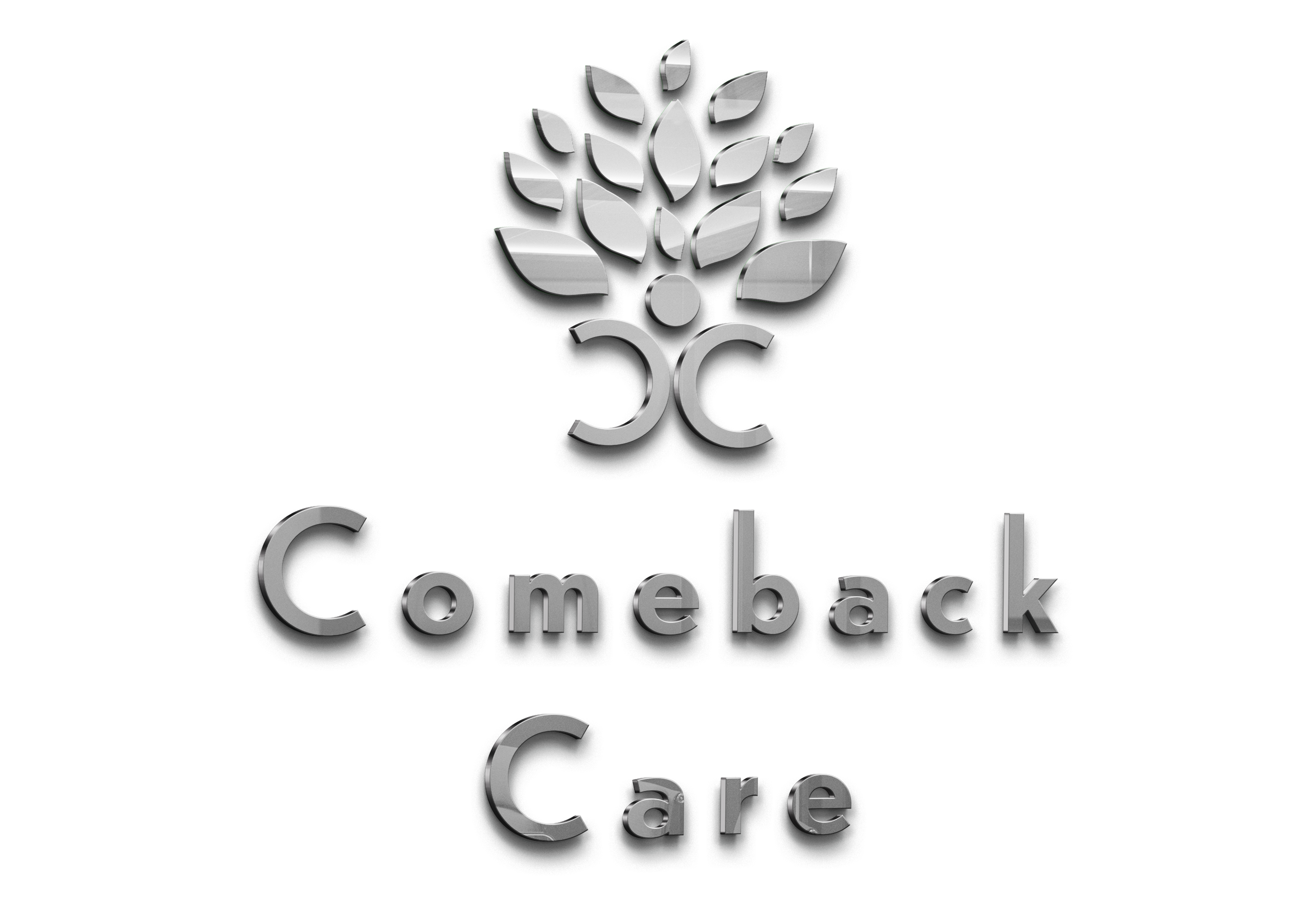Substance Use Disorders
What is a Substance Use Disorder?
Substance use disorders are a serious public health issue affecting millions of Americans, including those in the state of Maryland. Substance use disorders refer to the continued use of substances, such as opiates, such as heroin or fentanyl, cocaine, or alcohol, despite negative consequences to one’s health, relationships, and overall well-being.
According to the National Survey on Drug Use and Health, approximately 6.3% of Marylanders have a SUD, not far from the national average of 7.4%. In terms of overdose deaths, Maryland has been hit hard by the opioid epidemic. According to the Centers for Disease Control and Prevention (CDC), Maryland saw 2,771 overdose deaths in 2023, making the state the 11th highest in the United States
At Comeback Care, we are dedicated to providing quality comprehensive outpatient care to reduce the number of individuals who use substances. When admitted to one of our treatment programs, you will have access to individual and group counseling where you’ll learn healthy coping mechanisms and connect with like-minded individuals.


What are the Symptoms of an SUD?
Recognizing the signs and symptoms of a substance use disorder is the first step toward seeking help and recovery.
Symptoms of a SUD may include but are not limited to:
Cravings:
Strong and persistent urges to use drugs or alcohol.
Tolerance:
Needing to use more of the substance to achieve the desired effect or experiencing a diminished effect with continued use.
Withdrawal:
Experiencing physical and/or psychological symptoms when attempting to stop or reduce the use of a substance.
Loss of Control:
Difficulty limiting or stopping substance use despite repeated attempts to do so.
Neglecting Responsibilities:
Failing to fulfill work, school, or family obligations due to substance use.
Continuing Use Despite Negative Consequences:
Using drugs or alcohol despite experiencing negative physical, psychological, or social consequences.
Spending Ample Time and Money on Substance Use:
Spending a significant amount of time and money on obtaining, using, and recovering from substance use.
Changes in Behavior:
Changes in personality, mood, or behavior, such as becoming more withdrawn, secretive, or agitated.
Social Isolation:
Decreased interest in social activities and spending less time with family and friends.
It is important to note that not all individuals who use drugs or alcohol will develop a substance use disorder, and the severity of symptoms can vary. However, if an individual is experiencing one or more of the symptoms listed above, it may be an indication of a substance use disorder.
What are the Symptoms of an SUD?
Recognizing the signs and symptoms of a substance use disorder is the first step toward seeking help and recovery.
Symptoms of a SUD may include but are not limited to:
Cravings:
Strong and persistent urges to use drugs or alcohol.
Tolerance:
Needing to use more of the substance to achieve the desired effect or experiencing a diminished effect with continued use.
Withdrawal:
Experiencing physical and/or psychological symptoms when attempting to stop or reduce the use of a substance.
Loss of Control:
Difficulty limiting or stopping substance use despite repeated attempts to do so.
Neglecting Responsibilities:
Failing to fulfill work, school, or family obligations due to substance use.
Continuing Use Despite
Negative Consequences:
Using drugs or alcohol despite experiencing negative physical, psychological, or social consequences.
Spending Ample Time
and Money on Substance Use:
Spending a significant amount of time and money on obtaining, using, and recovering from substance use.
Changes in Behavior:
Changes in personality, mood, or behavior, such as becoming more withdrawn, secretive, or agitated.
Social Isolation:
Decreased interest in social activities and spending less time with family and friends.
It is important to note that not all individuals who use drugs or alcohol will develop a substance use disorder, and the severity of symptoms can vary. However, if an individual is experiencing one or more of the symptoms listed above, it may be an indication of a substance use disorder.
How We Treat Substance Use Disorders
Outpatient treatment is a flexible and effective option for those seeking help for substance use disorders, allowing individuals to receive treatment while still maintaining their daily responsibilities. This type of treatment typically involves attending individual and group therapy sessions several times a week.
When you apply for treatment, we will determine the best program for you, such as:
Partial Hospitalization Program (PHP): A PHP is a more intensive form of outpatient treatment that typically involves daily counseling sessions and other therapeutic services. Participants of our PHP have access to around 20 hours or more of clinical programming per week.
Intensive Outpatient Program (IOP): An IOP is a structured program that typically involves a combination of individual and group therapy, addiction education, and relapse prevention. Participants of our IOP typically meet with our counselors for 9-20 hours a week.
Outpatient Program: A standard outpatient program is a less intensive form of outpatient treatment that typically involves individual therapy sessions and group therapy sessions. Participants of our outpatient programs typically have access to clinical programming for 5-6 hours a week.
At Comeback Care, we are committed to offering the highest quality outpatient treatment for substance use disorders. Our clinicians have many years of experience helping people in your situation achieve long-term recovery.

